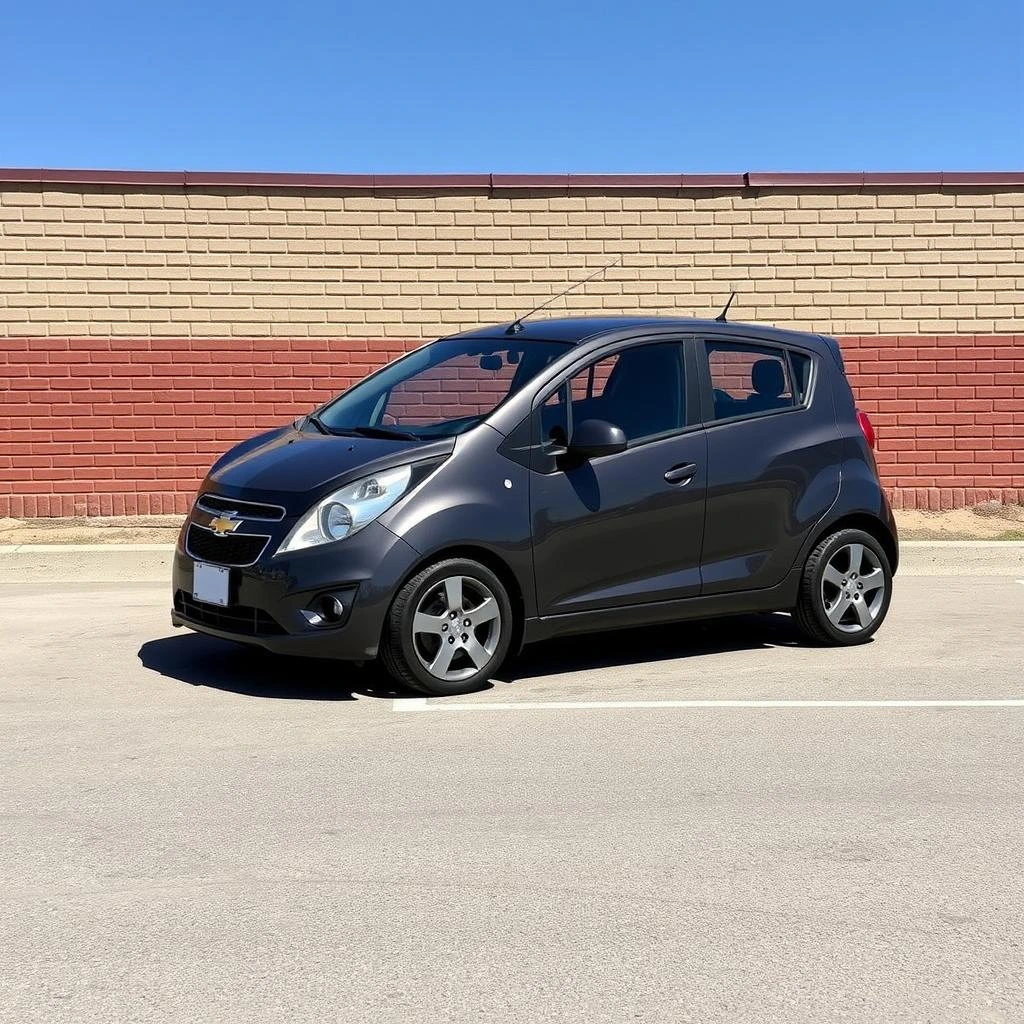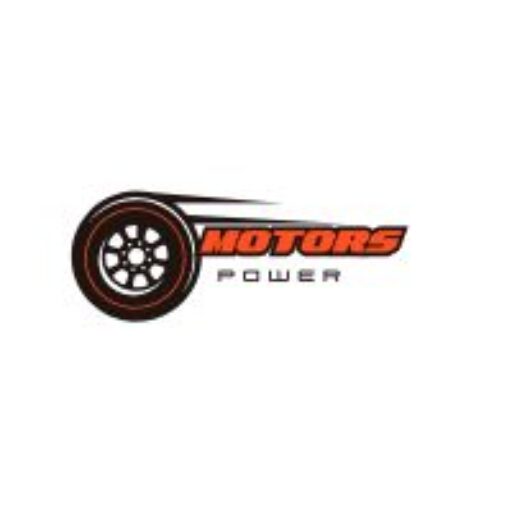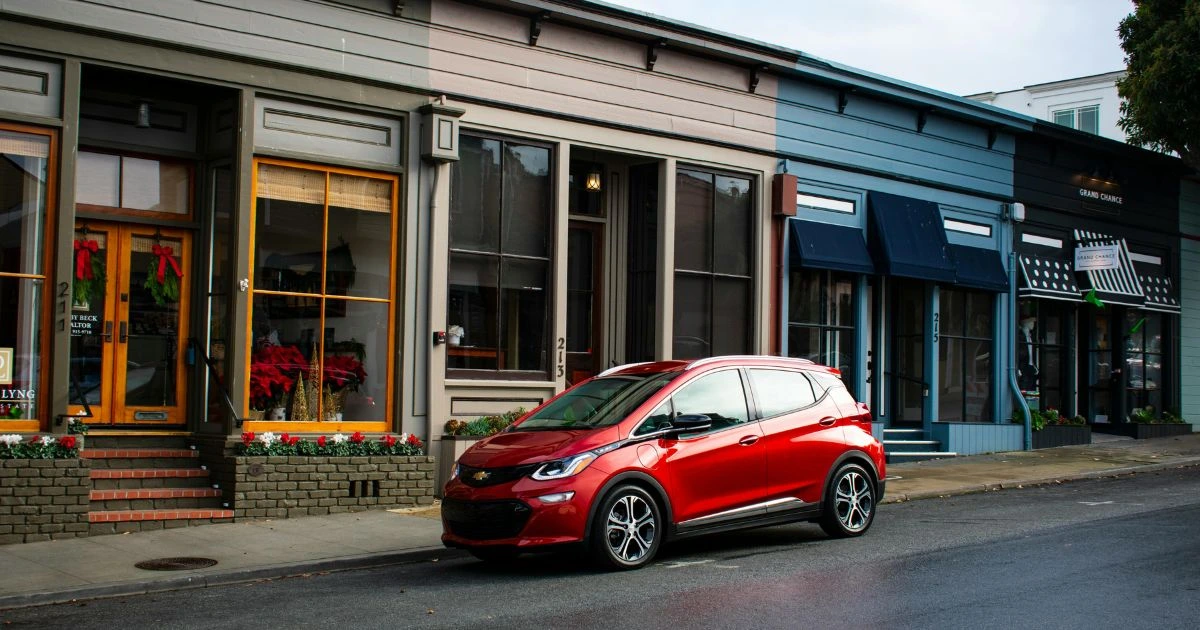Your Chevy small car is more than just a way to get from point A to point B—it’s your partner on the road. So when it starts acting up, it’s frustrating and sometimes a little nerve-wracking. Whether it’s an engine that won’t start, squeaky brakes, or that ominous dashboard warning light, you might be wondering if it’s time for an expensive trip to the mechanic.
The good news? You don’t always need professional help to handle these issues. This guide is here to walk you through the most common problems Chevy small car owners face and offer beginner-friendly tips to get you back on the road.
Table of Contents
messed up chevy small car
Recognizing Symptoms Before They Escalate
Your car rarely breaks down without warning. Paying attention to early signs of trouble can save you time and money down the line.
Unusual Noises
- Knocking: Could indicate engine issues or low oil levels.
- Squealing: Often linked to worn-out brake pads or slipping belts.
Trouble Starting
- A clicking sound when you turn the key could mean a dead battery or a faulty starter.
Dashboard Warning Lights
- Check Engine Light: Usually related to emissions, spark plugs, or sensors.
- Brake Warning Light: Could signal low brake fluid or worn brakes.
Taking note of these symptoms early gives you a better chance of addressing the problem before it worsens.
Quick Fixes for Common Chevy Small Car Problems
Troubleshooting Engine Problems
Engines are complex, but many common issues have simple fixes.
- Inspect the Battery Connections
- Loose or corroded battery terminals may interfere with the electrical connection. Clean them with a mixture of baking soda and water, and ensure they’re tightly secured.
- Check Fuel Levels and Quality
- If your car cranks but won’t start, you might have old or contaminated fuel. Add a fuel stabilizer to prevent this issue.
- Test the Ignition System
- Worn or faulty spark plugs can hinder proper engine ignition. Swap them out if they look worn or damaged.
Dealing with Electrical Issues
Electrical problems might seem daunting, but they’re often straightforward to fix.
- Replace Blown Fuses
Check your car’s manual to locate the fuse box and identify the blown fuse. Replacing it is as simple as swapping it out for a new one of the same rating. - Reset After a Battery Change
If your car acts strange after replacing the battery, try resetting the system by disconnecting and reconnecting the terminals.

Handling Brake and Tire Problems
- Check Brake Fluid Levels
- Low fluid levels could indicate a leak or worn brake pads. Refill the fluid and check the system for any issues.
- Replace Worn-Out Brake Pads
- Grinding noises are a telltale sign. Brake pads are relatively inexpensive and easy to replace with basic tools.
- Maintain Proper Tire Pressure
- Underinflated tires not only reduce fuel efficiency but can also lead to blowouts.Check the tire pressure with a gauge and adjust it if necessary.
Preventative Maintenance Tips for Chevy Small Cars
Keeping your car in good shape is the best way to avoid costly repairs.
Regular Oil Changes
- Stick to the manufacturer’s recommended schedule. New oil helps keep your engine running efficiently and prevents it from overheating.
Monitor Coolant Levels
- Overheating is a common issue in small cars. Check coolant levels regularly and refill with the correct mixture of antifreeze and water.
Inspect Tires and Brakes Routinely
- Rotate your tires every 5,000 to 7,000 miles to promote even wear. While doing so, inspect the brake pads for signs of wear.
Handy Tools Every Chevy Owner Should Have
Investing in a few essential tools can make a world of difference when troubleshooting problems.
| Tool | Purpose |
|---|---|
| Socket Wrench Set | Tighten and loosen bolts and nuts. |
| OBD-II Scanner | Diagnose engine and emission issues. |
| Tire Pressure Gauge | Ensure tires are properly inflated. |
| Screwdrivers | For minor repairs and adjustments. |
| Flashlight | To see clearly in hard-to-reach areas. |
These tools are affordable and can save you from unnecessary trips to the mechanic.
Step-by-Step Troubleshooting Guide
When your Chevy small car acts up, follow these steps to diagnose and resolve the problem:
- Identify the Symptom
- Listen for noises, observe warning lights, and note performance changes.
- Research Common Causes
- Use your car’s manual or online forums to narrow down potential issues.
- Test Potential Solutions
- Start with the simplest fix, such as checking connections or fluid levels.
- Seek Professional Help if Needed
- If the problem persists, consult a trusted mechanic to avoid causing further damage.
FAQs About Fixing Chevy Small Car Problems
Q: What are the most common problems with Chevy small cars?
A: Chevy small cars often experience issues like battery failure, worn brake pads, and engine misfires.
Q: Can I fix minor problems myself?
A: Absolutely! Many common problems, such as replacing a fuse or spark plug, can be handled with basic tools and a little guidance.
Q: How often should I perform maintenance on my Chevy?
A: Follow your owner’s manual, but generally, you should check fluids, tires, and brakes monthly and schedule oil changes every 3,000–5,000 miles.
Q: Why does my car make a squealing noise when I brake?
A: This usually indicates worn brake pads that need replacing.
Q: Is it safe to drive with the check engine light on?
A: It depends on the issue. While some problems are minor, others could lead to significant damage. It’s best to use an OBD-II scanner to identify the cause promptly.
Conclusion
Fixing a messed-up Chevy small car doesn’t have to feel overwhelming. With the right tools, basic knowledge, and a proactive approach, you can tackle most common problems yourself. Regular maintenance is key to avoiding headaches down the line, so make it a habit to care for your vehicle.
If you’re ready to take charge of your car’s health, start with these tips today! Remember, every small fix you handle builds your confidence as a car owner.
Do you have a favorite maintenance tip or tool? Share your experiences in the comments below—we’d love to hear from you!
Have you ever driven this car?
This car is my dream car
Best car





